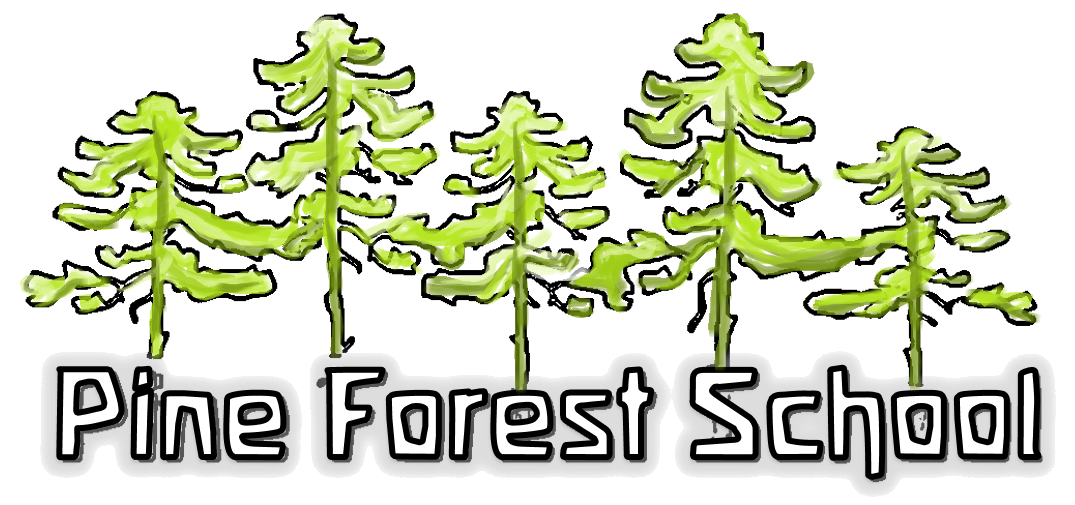Grade Eight
Language Arts
Listening Skills. Students will expand listening skills and further develop imagination through stories, folk tales and ballads from the history of the Reformation to the present day, using the following:
- Shakespeare
- Edgar Allan Poe
- Poetry, including epic forms
- Songs and poems of the revolutions
- Songs and poems of romance
Speaking Skills. Students will develop and expand speaking skills as in previous years with emphasis on the following:
- Major play or presentation
- Extemporaneous speaking
- Poetry and prose
- Oral reports
Writing Skills. Students will develop and expand self-expression and writing skills through the following:
- Letter writing, both business and personal forms
- Composition writing with emphasis on style
- Expository and narrative writing
- Written reports on science experiments and experiences with emphasis on materials, procedures and observations
Grammar Skills. Students will review and expand knowledge of grammar with emphasis on:
- Syntax
- Writing skills with emphasis on the parts of speech
- Developing more complex sentences with use of clauses and phrases
Spelling Skills. Students will further develop spelling skills:
- Increasing vocabulary based on academic content
- Editing and proofreading of their own and each other’s work
- Review of previously learned spelling tactics
Reading Skills. Students will expand and further develop reading skills through the following:
- Reading for information
- Reading for pleasure
- Reading classical and modern literature and plays
- Dramatic reading aloud
- Use of class readers
Mathematics
Objectives: To review and further develop previous skills in all phases of arithmetic; previous knowledge of geometry with emphasis on platonic solids, polygons and angles; deeper understanding of algebra, including equations, real, natural and rational numbers. Previous skills will be reviewed and students will continue to develop mastery.
Geometry will be continued through geometric constructions and reviews with emphasis on the following:
- More complex polygons
- Scalene, isosceles, equilateral, obtuse, acute and right triangles
- Further development of the concepts of similarity and congruency in triangles, squares, rectangles, etc.
- Review of ratio and proportion of polygons
- Review of area and perimeter of basic polygons
- Review of surface area of solids
- Review of volume of solids
- Review of concept of points, lines, planes and solids in space
Review of platonic solids:
- Cube
- Tetrahedron
- Dodecahedron
- Octahedron
- Icosahedrons
Social Studies
Objectives: To further examined the development of Western civilization with emphasis on the period from the Reformation to the present day; examine the economic impact of geography on civilization; develop a geographical understanding of Africa, Asia and Australia.
History. Students will develop an understanding of the history of the Reformation to the present with emphasis on cultures and the evolution of government, laws and rights through the following:
- Comparisons and contrasts of the Reformation and the Age of Enlightenment
- Stories of the Age of Enlightenment and the Age of Revolutions
- Biographies of George Washington, Lafayette, Benjamin Franklin, Bismarck, Martin Luther King, Jr., Joseph Stalin, Robespierre, Karl Marx, Abraham Lincoln, John Wilkes Booth, Mother Theresa, Madame Curie, Florence Nightingale, and Dolly Madison, and others
Geography. Students will develop an understanding of the geography of Africa, Asia and Australia with emphasis on the following:
- Countries, capitals, major mountains, bodies of water
- Seasonal changes
- Biotic zones
- Wind and water currents
- Meridians and parallels of latitude
- Specific land formations (e.g., glaciers, volcanoes, icebergs)
- Comparisons and contrasts of various climates
- Comparisons and contrasts of various vegetation (e.g., tundra, grasslands, deserts)
- Free hand drawing of continents and bodies of water
Science
Objectives: To review and further develop an understanding of basic physics, mechanics, human physiology and organic chemistry.
Physics. Students will continue to further their understanding of basic physics through: acoustics, magnetism, heat, optics and electricity. They will examine and observe the phenomena of mechanics with emphasis on the following:
- Meteorology
- Hydraulics with emphasis on the hydrosphere
- Climatology with emphasis on stratosphere
- Aeromechanics with emphasis on the atmosphere
Human Physiology. Students will review and study the human body with emphasis on the following:
- Skeletal system
- Nervous system
- Reproductive system
- Review of circulatory system
- Review of digestive system
- Review of respiratory system
Chemistry. Students will examine and observe phenomena of organic chemistry. They will write and illustrate science demonstrations with emphasis on materials, procedures and observations. Demonstrations will include the following:
- Plant structure and chemical processes
- Nitrogen cycle
- Tests for starch, sugars, proteins and fats


